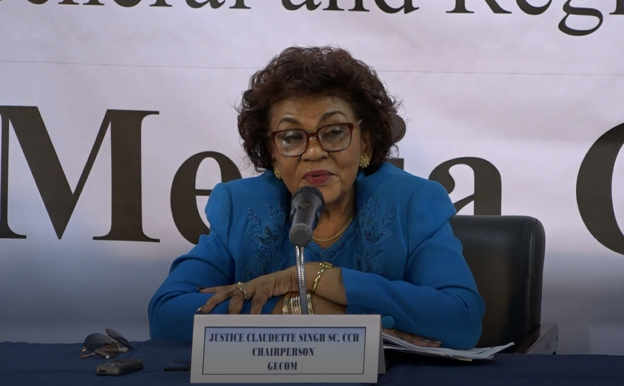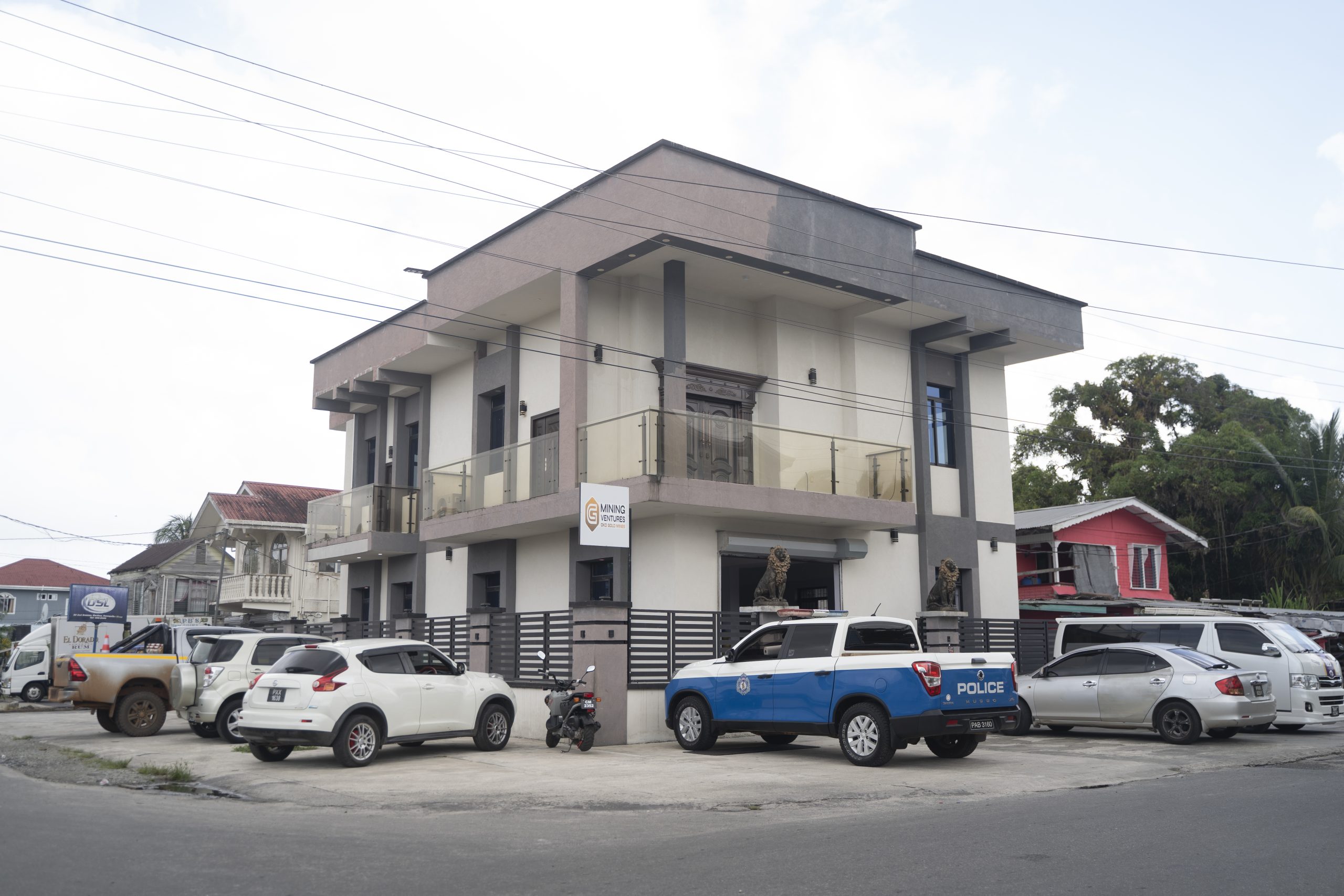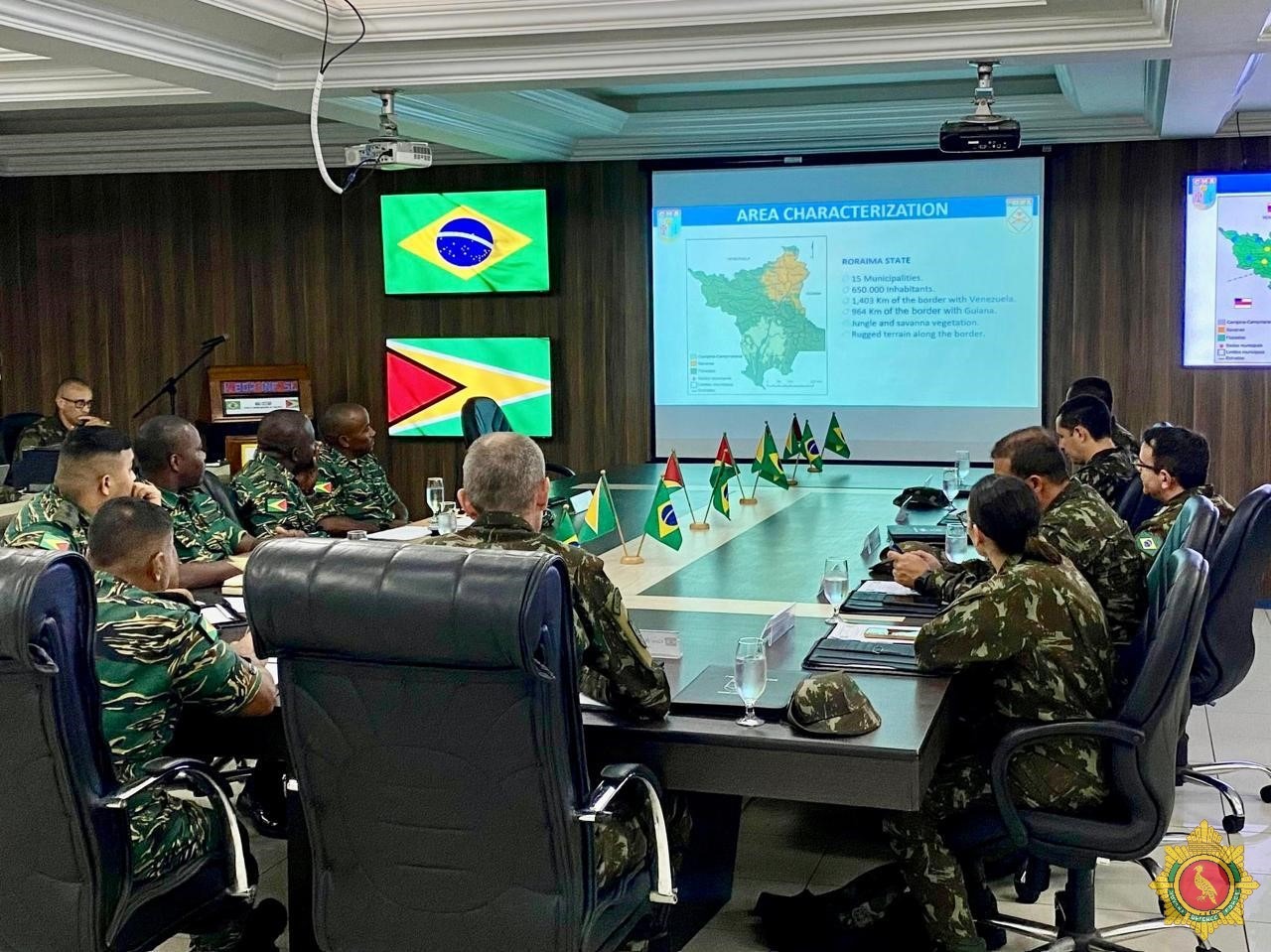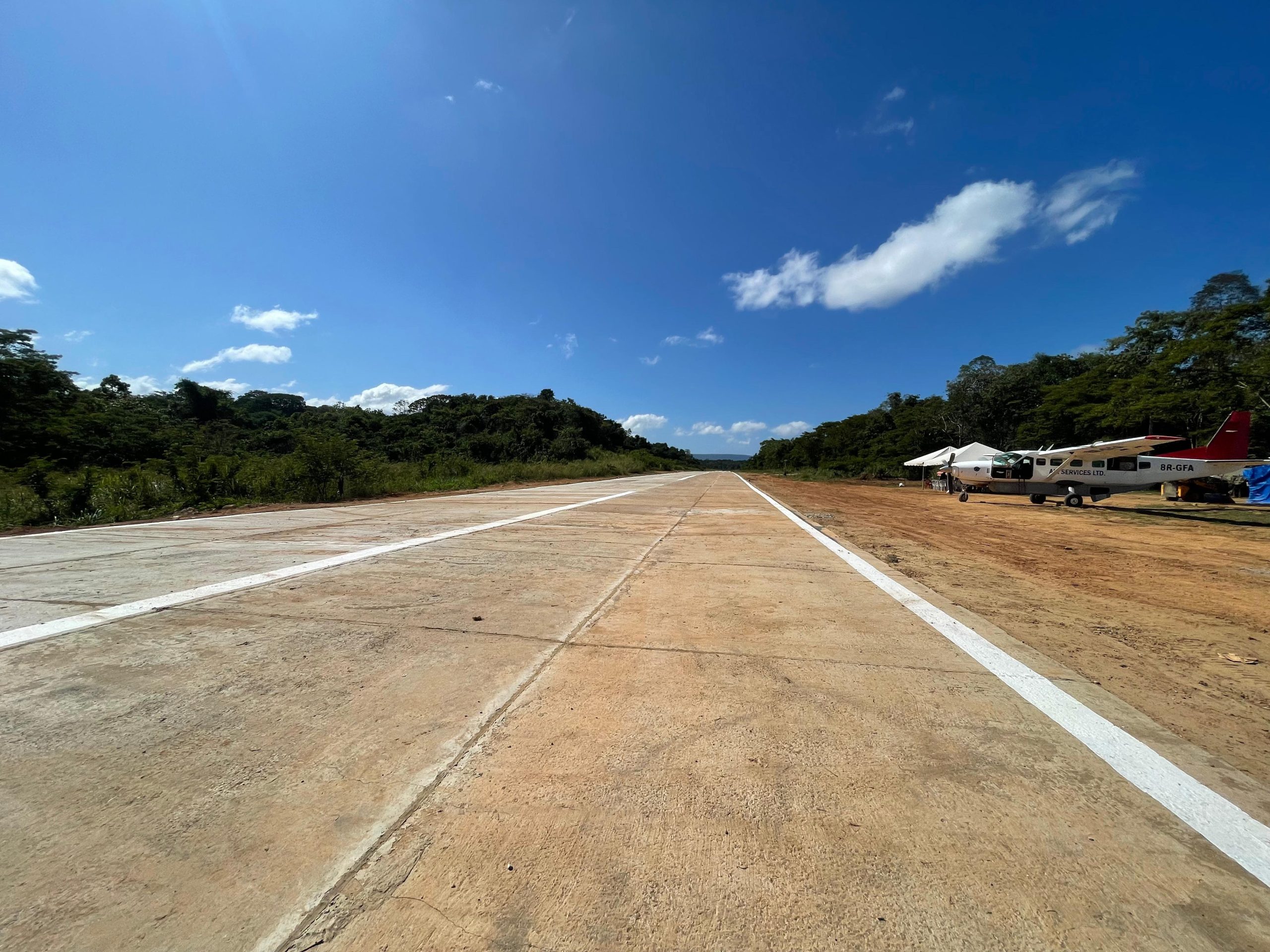

Following the Guyana Elections Commission’s recent press conference, Opposition parties have been taking turns attacking the electoral agency and its chairperson, Retired Justice Claudette Singh, over the joinder parties’ seat allocation, attacks that, according to Vice President Bharrat Jagdeo, are just aimed at undermining the electoral body.
During his Thursday press conference, Jagdeo noted that parties such as A New and United Guyana (ANUG) and Alliance For Change (AFC) were previously content with the arrangement for sharing of seats in Parliament.
Now that The New Movement’s Dr Asha Kissoon is holding on to her seat in Parliament and preventing ANUG from taking up the seat, Jagdeo noted that they have suddenly realised that the joinder seat allocation process is an illegal one. The VP accused the parties of opportunism and using the occasion to undermine the GECOM Chairperson.
“They suddenly emerged out of their stupor and waded in on this GECOM issue. It’s a side issue by the way. That Nigel Hughes threatens to boycott election over wrong seat allocation. Well, the seat allocation by GECOM, whether it’s wrong or not, could be adjudicated in court. But it didn’t change the outcome of the election.
“It doesn’t change the majority. The PPP still has the majority in Parliament. And they were all going along with this. Suddenly, AFC threatens to boycott the election, because GECOM made a seat allocation error, according to Nigel Hughes. They’re using this now, to undermine GECOM.”
Jagdeo also accused AFC leader Hughes of using the GECOM seat allocation issue as an excuse to avoid a heavy electoral defeat. He also warned that as the time for elections drew near, more “defunct” organisations would come crawling out of the woodwork to have their say.
During GECOM’s recent press conference, their Legal Officer, Attorney-at-Law Kurt DaSilva, when probed by the media, had admitted that it was the Liberty and Justice Party (LJP), as the party with the most votes out of the joinder parties, which should have occupied the parliamentary seat for the entirety of the term.
DaSilva had explained that the Joinder Agreement agreed upon by the parties within their ranks, to occupy the shared seat for a specific period each, was not catered for under the Representation of the People Act. The stipulated duration of the terms for each party was: two years, six months and 20 days for the LJP; two years and five months for ANUG, and 91 days for TNM.
When Dr Kissoon’s time in the seat came to an end, however, she continued to occupy the seat instead of turning it over to ANUG. During the press conference, the GECOM Chair had meanwhile assured that this matter would be addressed “shortly”.
Another matter addressed by the Vice President was the sudden appearance of various Non-Government Organisations (NGOs), with ties to the Opposition, who are seeking grants under the guise of voter education.
“I’ve seen already that some of the usual suspects, like the Red Thread. You know the Red Thread was the women’s arm of the WPA. They’re now considered an NGO. But they’re hostile to the PPP. Never in their years, never a single word of support for any initiative we’ve done.
“They’re suddenly part of an NGO group vying for grants to do voter education. GHRA [Guyana Human Rights Association]… they’re all pro-PNC. But they’re being considered. So I hope that no NGO or international organisation will… give grants to these bodies and do voter education and then have them run amok in this country. We’ll oppose it, as the PPP/C,” Jagdeo said, also urging GECOM not to accredit any groups with partisan interests to do voter education.
As a matter of fact, Jagdeo noted that it was brought to his attention that a group that was recently hired by the European Union to do a form of voter education was bypassing organisations connected to Hindus and Muslims and the National Toshaos Council. The VP re-emphasised GECOM’s role to do voter education.
“We’ve made it clear from the Government, that GECOM is responsible for voters’ education. GECOM should educate the voters of this country, as to their rights and obligations. And the manual required by law now, that they have to produce several months before the elections, that should be the basis on which voters’ education is done. So that people are aware of their rights.
“So, the manual will say, for example, a presiding officer cannot stop you from voting, because you don’t have an ID card or passport. They have to administer once your name is on a list, an oath and then being allowed to vote.”
Jagdeo highlighted that this was as a result of the Esther Perreira 1998 elections petition case. That case resulted in the nullification of the 1997 elections due to constitutional violations, making legal precedent that not having an ID card is not a barrier to voting.
Related News

GMIN Ventures opens Bartica office to support Region 7 communities

Govt seeking contractor to complete Admin Building at CJIA

GDF concludes 2024 edition of regional military exchange with Brazil



